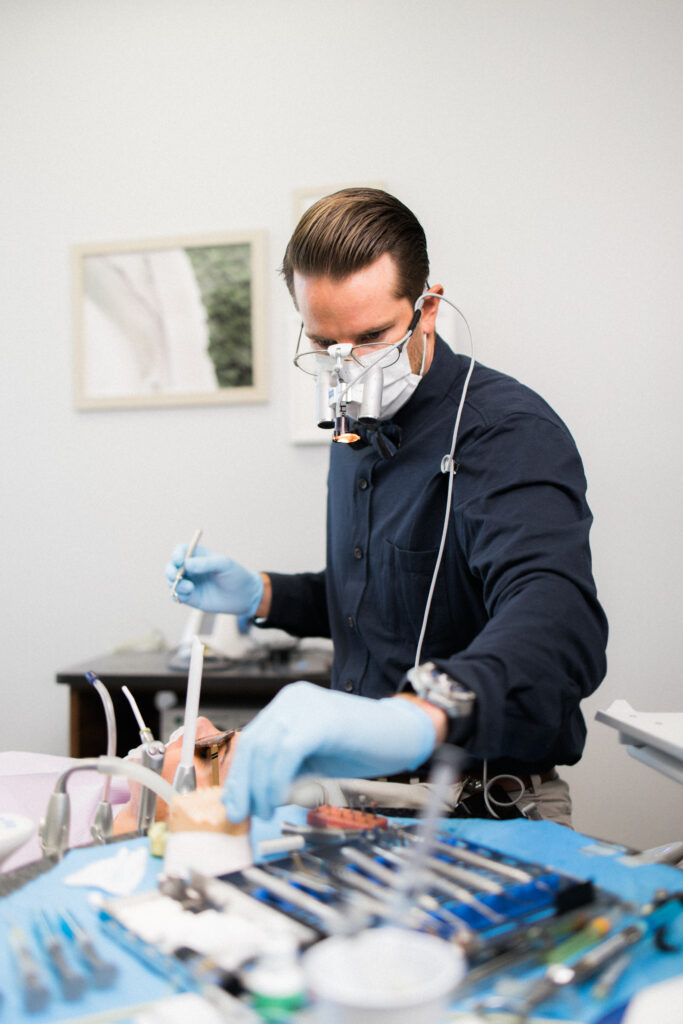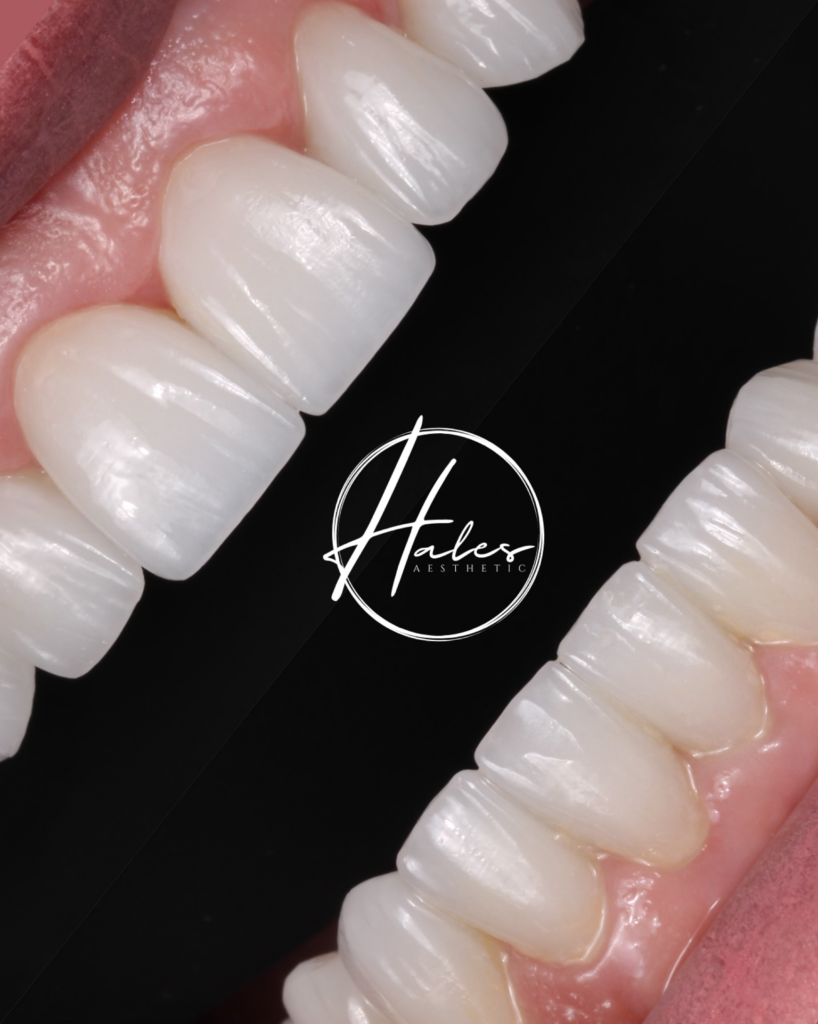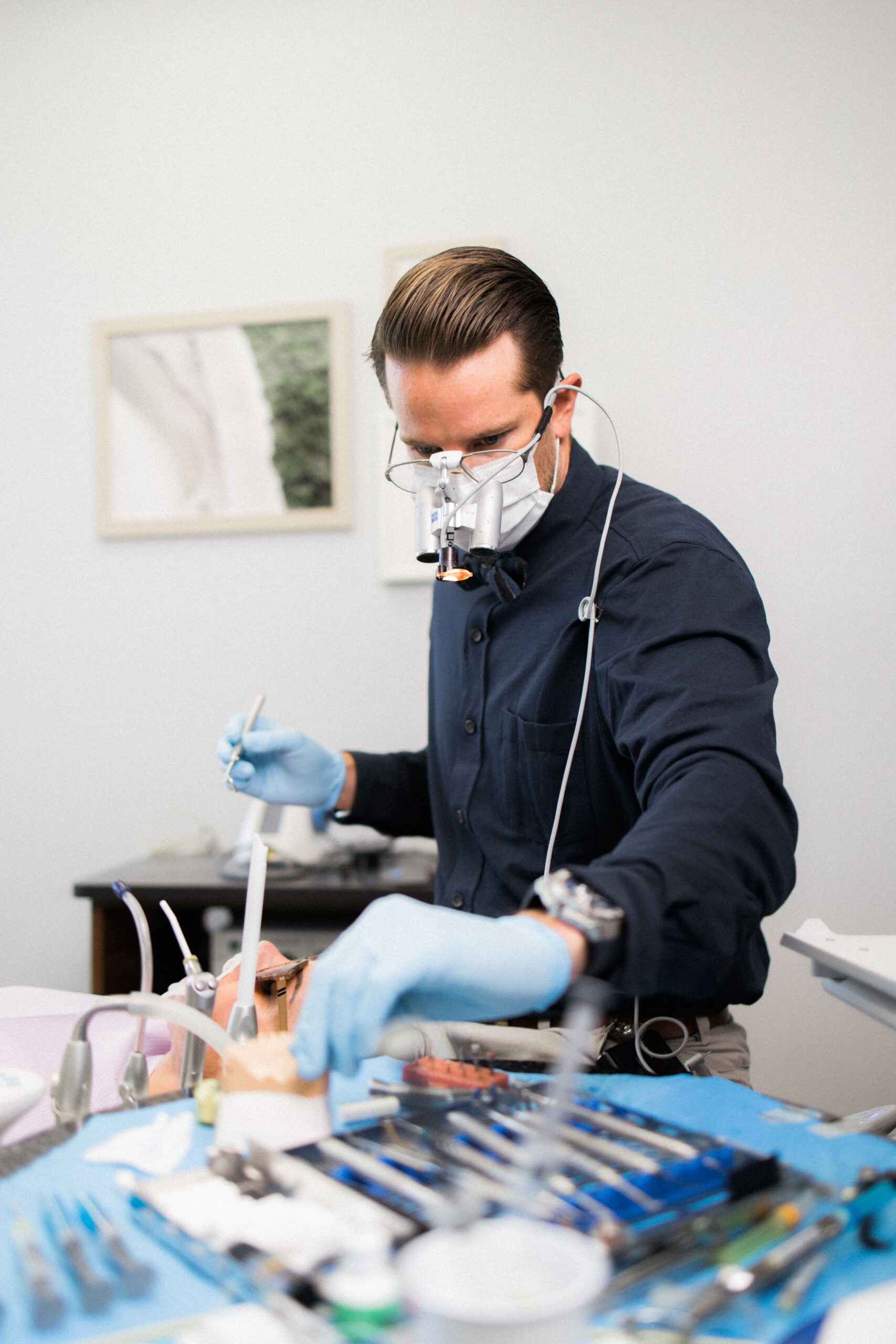In the quest for a beautiful smile, veneers emerge as a popular choice for those seeking to enhance the appearance of their teeth. But, when considering this cosmetic procedure, one crucial question often arises: What kind of dentist does veneers? Understanding the types of dental professionals involved, their specialties, the importance of their training and experience, and the materials used is essential for anyone looking to embark on this journey towards a new smile.

The Role of Cosmetic Dentists in Veneer Procedures
At the heart of the veneer process are cosmetic dentists. They are specialists dedicated to improving the appearance of your teeth and smile. Cosmetic dentistry encompasses various treatments aimed at addressing aesthetic concerns from discoloration and misshapen teeth to gaps and a chipped tooth. When it comes to veneers, whether porcelain veneers or composite veneers, the expertise of a cosmetic dentist is paramount.

Porcelain Veneers: The Gold Standard
Porcelain veneers are celebrated for their durability and stain-resistant qualities. They mimic the appearance of natural teeth so closely that distinguishing them from your real teeth might be challenging. Porcelain reflects light similarly to tooth enamel, providing a natural and whiter look. The process of getting porcelain veneers involves a consultation with your cosmetic dentist, who will design a treatment plan tailored to your specific needs. This may include addressing any oral health issues such as gum disease or the need for root canal treatment beforehand to ensure the longevity of your veneers. We wrote an extensive blog covering in-depth What Are Veneers, as well as the Types of Veneers, and a common question we come across- How Long Do Veneers Last? In this blog we will explain what kind of dentist does veneers.

A Closer Look at Porcelain Veneers
Porcelain veneers stand as a testament to the advancements in cosmetic dentistry. What sets porcelain veneers apart is their durability, translucency, and stain-resistant properties, ensuring that patients achieve a brighter, more uniform smile that lasts for years. The process involves meticulous preparation of the tooth, where a small amount of enamel is removed to accommodate the veneer. This step underscores the importance of choosing an experienced cosmetic dentist who can achieve the delicate balance between removing enough enamel to ensure a natural fit without compromising the tooth’s integrity.
Understanding the Differences in Specialty and Training
Not all dentists specialize in cosmetic procedures like veneers. A DDS (Doctor of Dental Surgery) or DMD (Doctor of Dental Medicine) may have a general practice focusing on oral health, cleanings, fillings, and preventative care. However, a cosmetic dentist undergoes additional training focused on aesthetic and restorative dentistry, including dental crowns, dental implants, and, importantly, veneers. This specialized training ensures that they have the skills and knowledge necessary to perform cosmetic procedures effectively, keeping in mind the overall oral health and tooth structure of their patients.

General Dentistry vs. Cosmetic Dentistry
While both general dentists and cosmetic dentists aim to improve oral health, their areas of focus and expertise differ significantly. General dentistry is primarily concerned with the prevention, diagnosis, and treatment of oral diseases, encompassing a wide range of services from cleanings and fillings to root canals and gum disease treatment. General dentists are the frontline of dental care, emphasizing the maintenance of good oral hygiene and the overall health of teeth and gums.
In contrast, cosmetic dentistry specializes in enhancing the appearance of a person’s teeth, mouth, and smile. Cosmetic dentists undergo additional training beyond dental school to master a variety of procedures aimed at improving the aesthetic aspects of the teeth. This specialization includes treatments such as dental veneers, teeth whitening, dental bonding, and orthodontic adjustments, all designed to create a more visually appealing smile. While cosmetic procedures may also contribute to improved oral function, the primary goal is to achieve a desired aesthetic outcome.
Why Specialty Training Matters
The pursuit of specialty training in cosmetic dentistry is more than an academic endeavor; it is a commitment to excellence in a field that combines art and science. Dentists who specialize in cosmetic procedures invest considerable time in learning advanced techniques and staying abreast of the latest materials and technologies. This specialized training equips them with the skills necessary to address complex aesthetic challenges, ensuring that patients receive care that is not only effective but also tailored to their unique needs and desires.
Moreover, specialty training fosters a deeper understanding of facial aesthetics and the dynamics of a beautiful smile, allowing cosmetic dentists to design treatments that harmonize with a patient’s facial features. It also instills a meticulous attention to detail, crucial for procedures that require precision and customization, such as the crafting and placement of veneers. Ultimately, a dentist’s specialty training is a key differentiator in the quality of care and outcomes achieved, ensuring that patients entrust their smiles to the most capable and skilled hands.
Materials Matter: Achieving the Best Results
The materials used in your veneers play a significant role in the final outcome. Porcelain veneers are celebrated for their durability and ability to resist stains, making them an ideal choice for a long-lasting, beautiful smile. Composite resin, while more affordable and faster to apply, may not offer the same level of durability but can still provide a significant aesthetic improvement. Discussing the pros and cons of each material with your cosmetic dentist is vital to making an informed decision that meets your expectations.

Cost of Veneers
One of the most common questions regarding veneers is their cost. A crucial factor for many patients considering this cosmetic procedure. The cost of veneers varies significantly based on several factors, including the material chosen and the complexity of the individual case. Porcelain veneers generally come with a higher price tag due to their durability and natural appearance. While composite veneers offer a more cost-effective alternative. It’s important to consult with your cosmetic dentist for a detailed estimate and to inquire about payment plans, as most dental insurance plans classify veneers as a cosmetic procedure and may not cover the costs. Explore our Cost of Veneers page to read our most frequently asked questions with answers.
Conclusion: Your Path to a New Smile
Choosing the right dentist is the first step toward achieving the smile of your dreams. A DDS (Doctor of Dental Surgery) or DMD (Doctor of Dental Medicine) with specialized training in cosmetic procedures is your best bet for veneers. These professionals not only understand the technical aspects of the veneer process but also have an artistic eye for creating natural-looking smiles.
If you’re considering veneers or any other cosmetic procedure, consult with a cosmetic dentist to discuss your options. They’ll help you understand the treatment plan, and learn about the care required to maintain your new smile. Remember, a beautiful smile begins with good oral hygiene and the expertise of a dental professional dedicated to cosmetic excellence.






